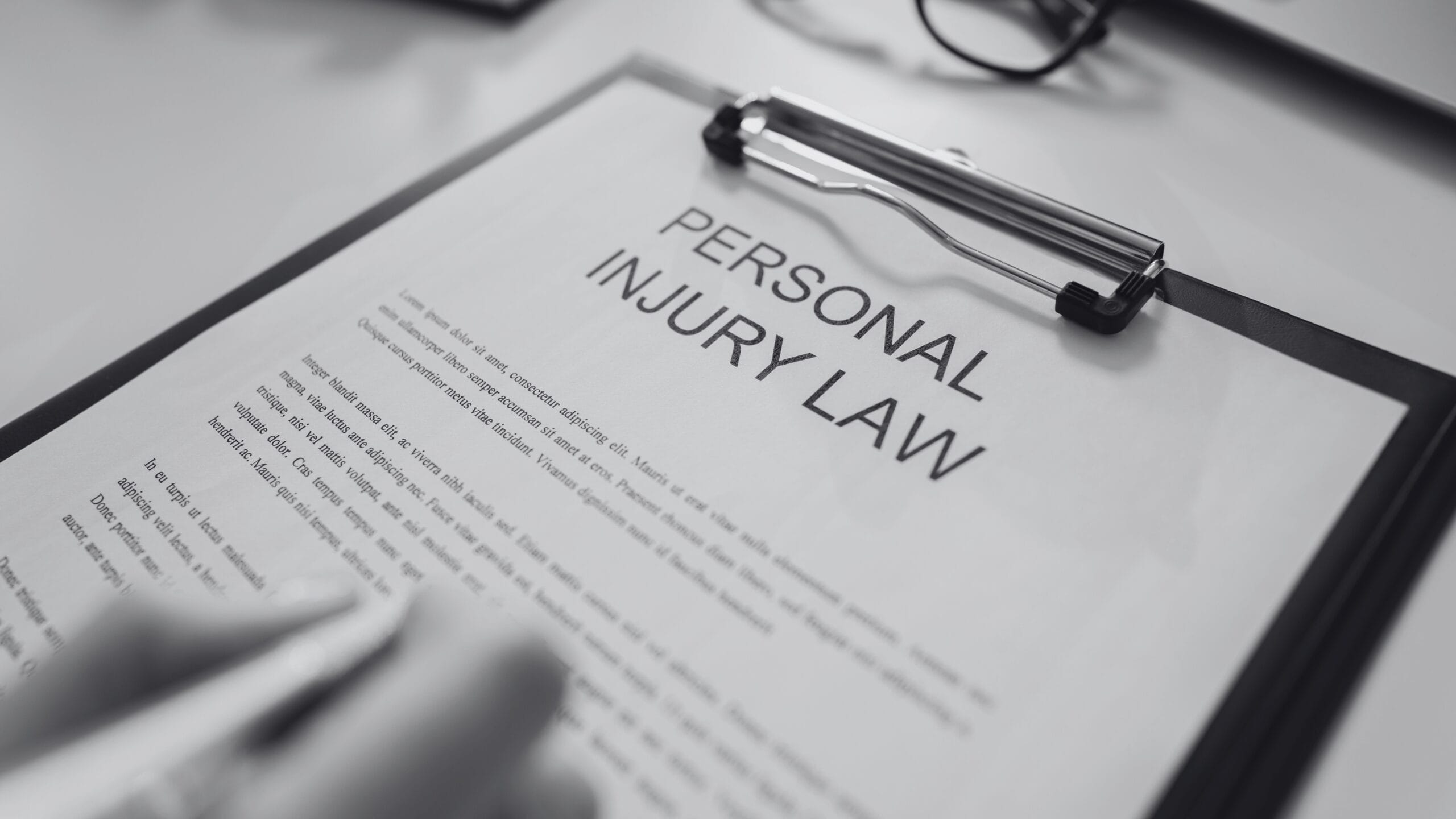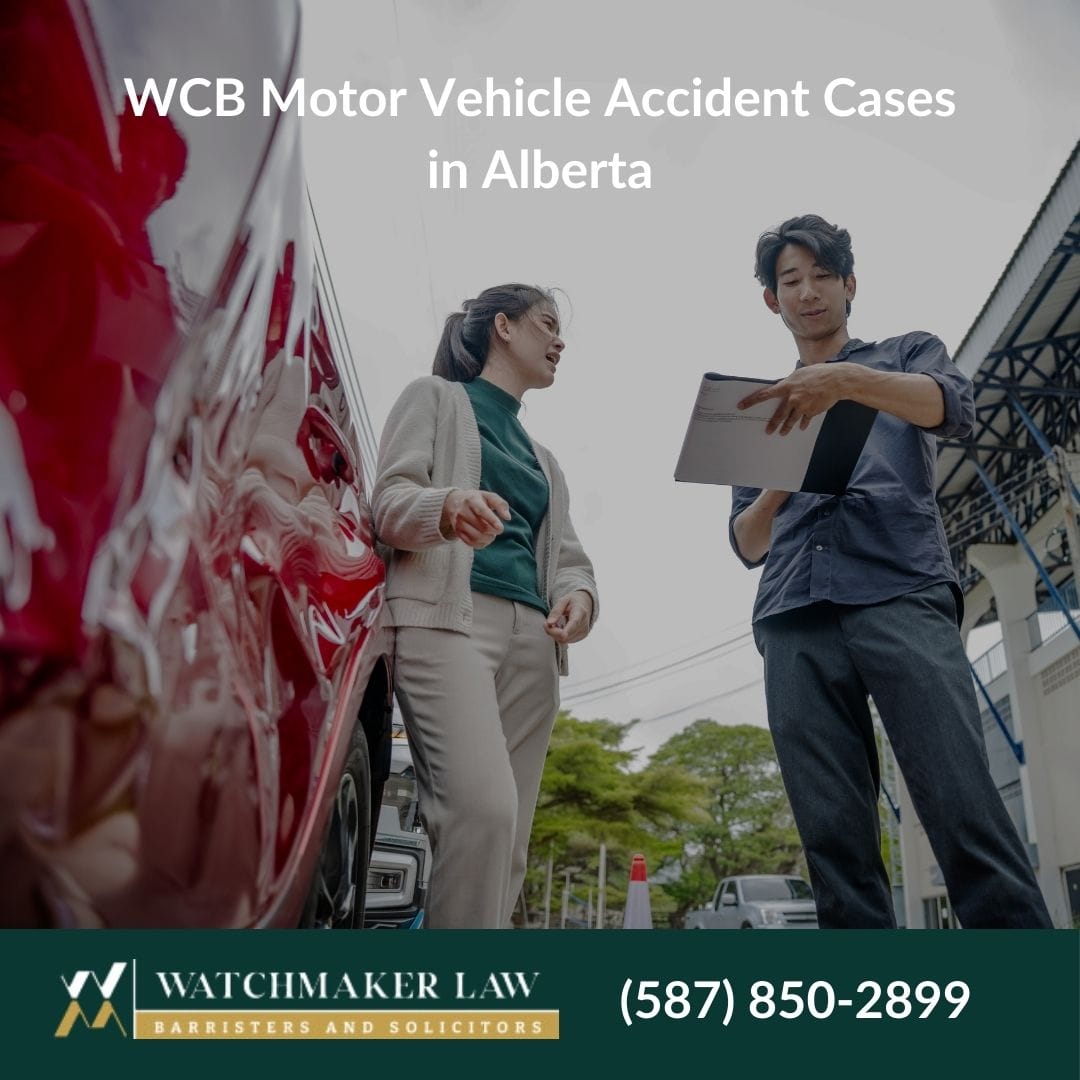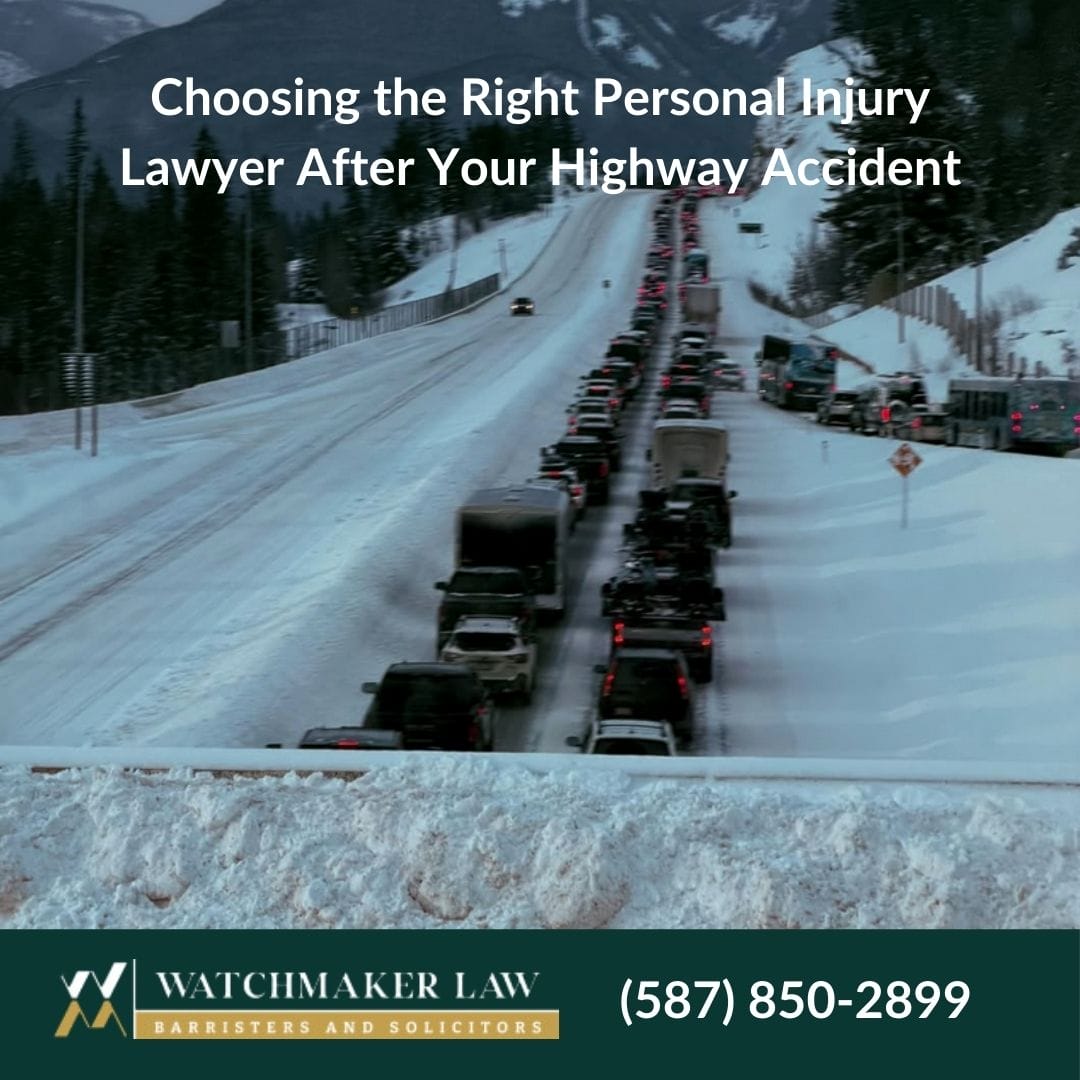When you’re injured because of someone else’s actions, it can be a confusing and stressful time. You might wonder what compensation you’re entitled to and how to claim it. At Watchmaker Injury Law, we understand the challenges you face. Founding lawyer David Sowemimo is here to help you navigate the complexities of personal injury law in Edmonton.
In personal injury cases, “damages” refer to the compensation you can receive for your losses resulting from the injury. In this blog, we’ll explain the categories of damages and how they relate to your potential personal injury law claim.
General Damages (Non-Pecuniary Damages)
General damages are intended to compensate you for the intangible hardships you’ve endured due to your injury. These are losses that don’t have a specific price tag but significantly impact your quality of life. Let’s explore these in more detail:
Pain and Suffering
This refers to the physical discomfort and emotional distress you’ve experienced because of your injury.
Example: Imagine you’ve suffered a severe back injury in a car accident. You might endure constant pain that affects your ability to sit, stand, or sleep comfortably. This ongoing discomfort can lead to frustration, irritability, and even depression. The emotional toll of coping with chronic pain can be just as challenging as the physical aspects.
Loss of Enjoyment of Life
This occurs when your injuries prevent you from participating in activities you once loved, diminishing your overall happiness and satisfaction with life.
Example: Suppose you were passionate about playing soccer or hiking on weekends. Due to your injury, you’re now unable to run or walk long distances. Missing out on these activities can lead to a sense of loss and decreased enjoyment in daily life. It might also affect your social interactions if these activities were a way to connect with friends and family.
Physical Disfigurement
This includes any scarring, burns, or permanent changes to your appearance resulting from the injury.
Example: If you sustained burns in an accident that left visible scars on your face or arms, it could impact your self-esteem and confidence. You might feel self-conscious in social situations or avoid activities you once enjoyed. The psychological effects of disfigurement can be profound, affecting your overall well-being.
In Canada, the Supreme Court has set a cap on the amount you can receive for pain and suffering in most personal injury cases. As of 2024, this cap is approximately $447,550, adjusted for inflation. This means there’s a maximum limit to the compensation awarded for non-pecuniary damages, regardless of how severe the injury is. Understanding this cap is essential when assessing the potential value of your claim.
At Watchmaker Injury Law, we recognize that these non-monetary losses are deeply personal and can have a lasting impact on your life. Founding lawyer David Sowemimo is committed to helping you articulate these hardships and seek fair compensation. We’re here to support you through this challenging time, ensuring your story is heard, and your needs are addressed.
Special Damages (Pecuniary Damages)
Special damages cover out-of-pocket expenses you’ve had because of the accident up to the date of your trial or settlement. They include:
- Medical Expenses: Costs for treatments, medications, and medical devices.
- Property Repair Costs: Expenses to fix or replace damaged property.
- Other Quantifiable Losses: Any other direct costs resulting from the injury.
Loss of Income and Loss of Earning Capacity
If your injury has caused you to miss work, you can claim:
- Lost Wages: Income you lost from the time of the injury until the settlement.
- Loss of Earning Capacity: If your ability to earn money in the future is affected, you may receive compensation for potential future income losses.
Cost of Future Care
Some injuries require ongoing medical care. This damage covers:
- Future Medical Treatments: Anticipated costs for surgeries, therapies, or medications.
- Rehabilitation Services: Long-term physical or occupational therapy.
- Assistive Devices: Costs for wheelchairs, prosthetics, or home modifications.
Loss of Consortium
This compensates your spouse or partner for the loss of:
- Companionship: Emotional support and affection.
- Care: Assistance with daily activities.
- Affection: Physical intimacy impacted by your injuries.
In Trust Claims
Family members or friends who help you because of your injuries can claim:
- Value of Services Provided: Compensation for tasks like housekeeping, childcare, or personal care that you can no longer perform.
Punitive Damages
These are not common but may be awarded if the defendant’s actions were particularly harmful. They aim to:
- Punish the Defendant: For malicious, oppressive, or egregious behaviour.
- Deter Similar Conduct: Prevent others from acting in the same way.
Aggravated Damages
Aggravated damages are awarded in addition to other damages when the defendant’s conduct was particularly malicious or offensive, causing you additional harm beyond the initial injury. They are intended to compensate you for increased mental distress, humiliation, or embarrassment resulting from the defendant’s actions.
- Enhances Your Compensation: Aggravated damages increase the amount of general damages you receive, reflecting the aggravated nature of your suffering due to the defendant’s behaviour.
- Not a Separate Category: They are not awarded as a standalone category but are added to your compensatory damages to address the additional harm.
Understanding these damages can be overwhelming, but you don’t have to navigate this process alone. At Watchmaker Injury Law, we’re dedicated to helping you get the compensation you deserve. David Sowemimo brings extensive knowledge and compassion to every case, ensuring you’re supported every step of the way.
How Are Damages Proven in a Personal Injury Case?
Understanding the types of damages you can claim is essential, but proving those damages is just as important to ensure you receive fair compensation. To establish the extent of your losses, thorough documentation and evidence are crucial. This includes medical records detailing your injuries and treatments, receipts for out-of-pocket expenses, and statements from employers confirming lost wages.
For non-economic damages like pain and suffering or loss of enjoyment of life, personal journals or testimonies from family and friends can illustrate how the injury has impacted your daily activities and emotional well-being. Expert opinions from medical professionals or therapists may also support your claims by providing insights into your recovery process and future care needs.
Proving damages involves painting a comprehensive picture of how the injury has affected every aspect of your life. At Watchmaker Injury Law, we work closely with you to gather all necessary evidence, ensuring that your claim accurately reflects your experiences and losses.
We’re Here to Help
Suffering an injury due to someone else’s actions can change your life in an instant. The physical pain, emotional turmoil, and financial stress can be daunting. But you don’t have to face this journey alone.
Understanding the types of damages you’re entitled to is a crucial step toward reclaiming control and securing the resources you need to heal. At Watchmaker Injury Law, we are committed to standing by your side every step of the way. Founding lawyer David Sowemimo brings extensive knowledge of personal injury law in Edmonton and a deep compassion for the injured victims he represents. If you’ve been injured in a motor vehicle accident and are unsure what to do next, contact Watchmaker Injury Law for a free injury claim evaluation.



